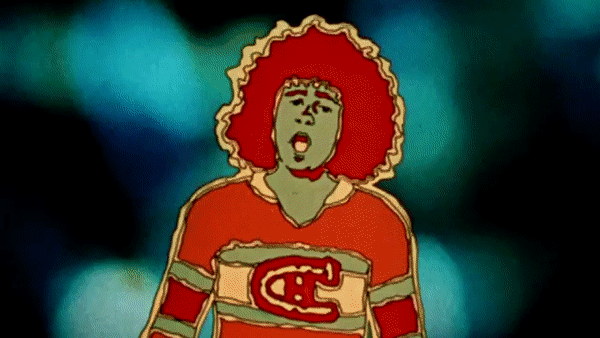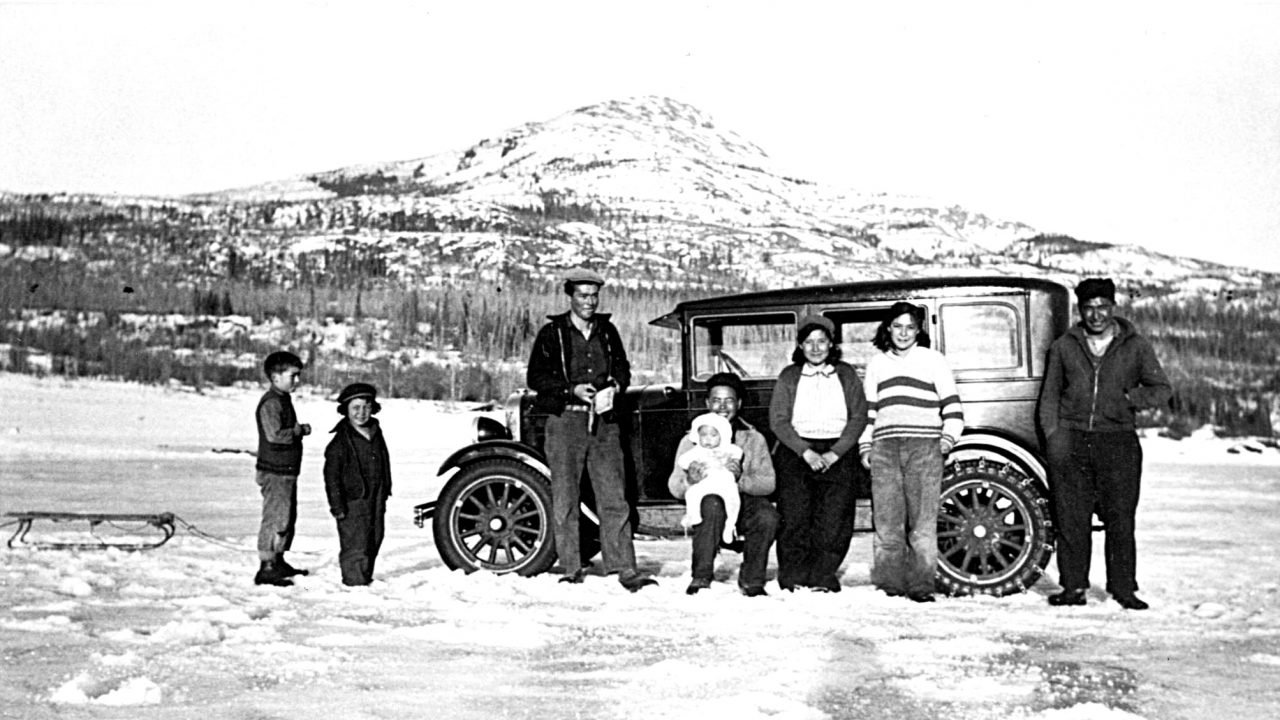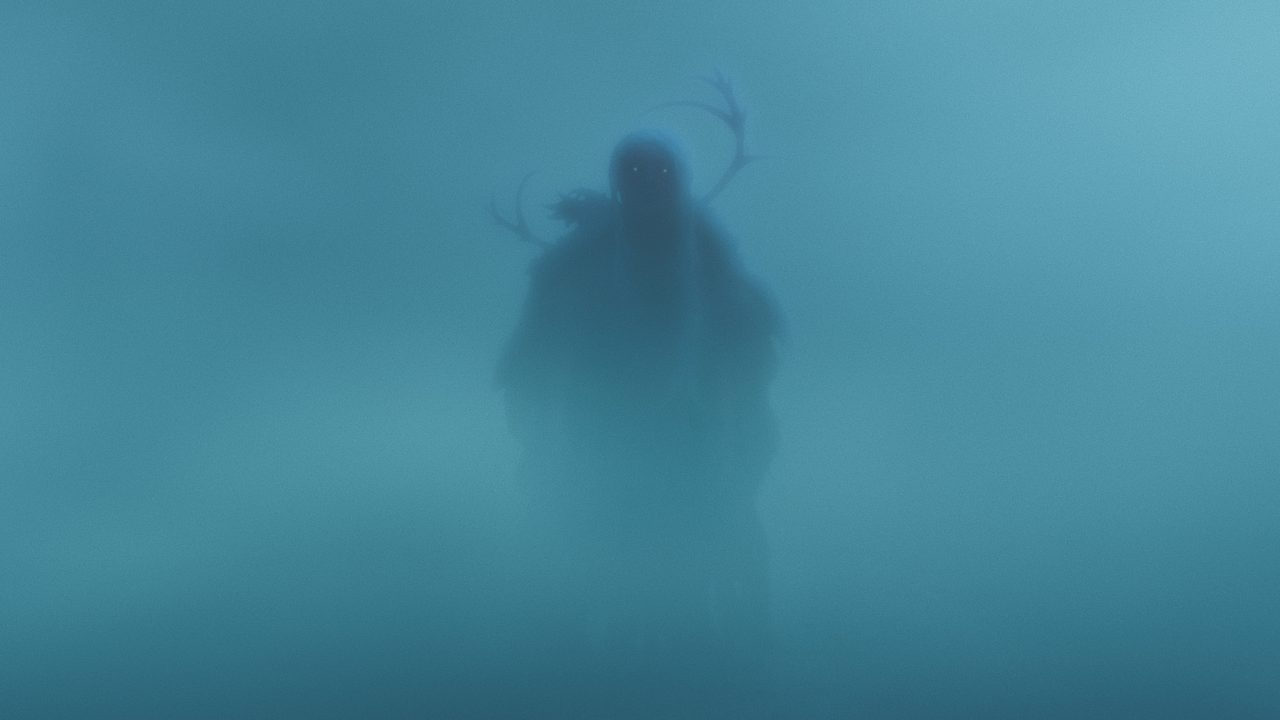
Adieu Alouette: Contemporary Quebec… in English | Curator’s Perspective
Adieu Alouette: Contemporary Quebec… in English | Curator’s Perspective
On Wednesday, January 3, 1973, at 10:30 p.m., Challenge for the Church, the first episode of the NFB-co-produced series Adieu Alouette, had its broadcast premiere across the entire CBC television network. This was the first of 12 episodes that aired on the CBC, with the goal of showing contemporary Quebec to audiences in English Canada. It was a huge success, receiving praise from the press and public alike. As St. Jean Baptiste Day is just around the corner in Quebec, I thought I would take a look back at this landmark television series.
After the tragic events of the October Crisis of 1970, the image of Quebec was tarnished in the rest of the country. Most of the media coverage focused on the politics of Quebec without showing any other aspects. The average Canadian had no idea what was going on in the province apart from the political side of things. The NFB decided to approach the CBC to see if they were interested in co-producing a series of documentaries, in English, focusing on the cultural side of Quebec and avoiding politics altogether. The CBC accepted and seconded Ian McLaren to the NFB to produce the series.
The CBC had a couple of time slots available and suggested the series be shown on Wednesday evenings at 10:30 p.m., with the episodes repeated on Sundays at 2 p.m. Although these were not optimal time slots, the NFB agreed, while also assuming the cost of producing the films. Respected Quebec journalist Jean-V. Dufresne was brought in to research and co-produce the series with McLaren. In June 1972, NFB film crews set out to film 12 stories. Filming continued until September, after which the editing and post-production work could begin. The series was named Adieu Alouette, a fitting name, as part of its mission was to erase old stereotypes and move beyond the antiquated folkloric view of Quebec.
Challenge for the Church focused on how the Roman Catholic Church was slowly losing its influence on young Quebeckers. Reviews were mixed for this episode but were ecstatic for the next one, Une Job Steady… Un Bon Boss, which introduced viewers to stand-up comedian Yvon Deschamps who, at the time, had the highest box office of any performer in Canada, even though he only toured in Quebec.
The Ungrateful Land: Roch Carrier Remembers Ste. Justine, the third episode in the series, was broadcast on January 24. It follows the renowned author returning to his childhood village. Carrier speaks to his grandfather and other villagers and recounts just how difficult it was to cultivate the land in this part of Quebec. Carrier muses on how lucky he was to be able to get an education and spread his wings, as opposed to the villagers who had to accept their fate and, in some cases, live unfulfilled lives.
The Ungrateful Land: Roch Carrier Remembers Ste-Justine, Cynthia Scott, provided by the National Film Board of Canada
Why I Sing followed on February 7. It was the only episode running a full hour, and it profiled singer-songwriter Gilles Vigneault. It was the most popular episode, receiving plaudits from both the English and French press (I also think this is the best episode of the series). The Globe and Mail commented that “the CBC was shockingly overdue in giving [Vigneault] major exposure.” The reason for the longer running time was simple: there was just too much good material. The CBC made an exception and agreed to a one-hour broadcast.
Why I Sing, John Howe, provided by the National Film Board of Canada
Just Another Job followed a week later. It featured the brand-new Quebec Nordiques of the World Hockey Association, coached by the legendary Maurice Richard. The players, a mix of veterans and young players who never got a real chance to crack the National Hockey League, are shown in training camp and in their first few games. Richard quit after only two games, saying that it was just too much for him after 12 years away from the game. One of the players featured is Jacques Blain, a player from Gatineau who was trying to break into the major leagues after a long career in the minors. A great moment shows Blain all smiles after signing a contract to play with the team.
Just Another Job, Pierre Letarte, provided by the National Film Board of Canada
The booming Quebec film industry was the subject of the sixth episode, OK… Camera. We are taken behind-the-scenes of Claude Jutra’s film Kamouraska, among others. Jutra, cameraman Michel Brault and star Geneviève Bujold are all interviewed and speak about how popular Quebec-made films are in the province. What is made clear is that it’s the local stories that resonate with audiences, and that the industry is not trying to copy Hollywood but to make Quebec stories for Quebeckers.
OK … Camera, Michael Rubbo, provided by the National Film Board of Canada
Backyard Theatre, the series’ ninth episode, focused on playwright Michel Tremblay and his directing partner, André Brassard. Tremblay was well known for his plays about the working class and specifically women’s lives. The interviews with both men are terrific. Not so terrific (in my opinion) is the very strange sequence in which characters from two of his plays come to life and attend a BBQ. What follows is a rather bizarre improvisation from the characters that I feel doesn’t really add much to the story. Still, this is an excellent episode because Tremblay and Brassard have a lot of interesting things to say, as does actress Monique Mercure, star of Tremblay’s play Les Belles-Soeurs.
Backyard Theatre, , provided by the National Film Board of Canada
Also broadcast as part of the series was an episode on the youth of Quebec, one on fine cuisine and an episode on the modern Quebec woman. The series ended on April 18 and 25 with a two-part episode about the Le Devoir newspaper.
I should point out the eye-popping psychedelic animated sequence featuring singer-songwriter Robert Charlebois that opens each episode. Charlebois sings the series theme in English and included the song on his next album. The lyrics are quite dated but encapsulate the spirit of the series very well.
Adieu Alouette was praised by both the French and English press. The Montreal Star said that the series had “become the unquestioned high point of Canadian television to date.” The Calgary Herald wondered “why the series had not been done before.”
It was such a huge success that the CBC asked the NFB to produce new series about other parts of the country. The West series on the Prairies followed in December 1973 (see my blog post on this series here), then Pacificanada about British Columbia in January 1975 (see my blog post here) and finally Atlanticanada, a two-and-a-half-hour special that aired in April 1975 (blog post coming soon).
Adieu Alouette is an excellent example of the NFB fulfilling its mandate to show Canada to Canadians. In it we are introduced to ordinary and extraordinary people and their communities. From stand-up comedians to hockey players to playwrights, these are the people of contemporary Quebec in the 1970s.
Enjoy the films.



